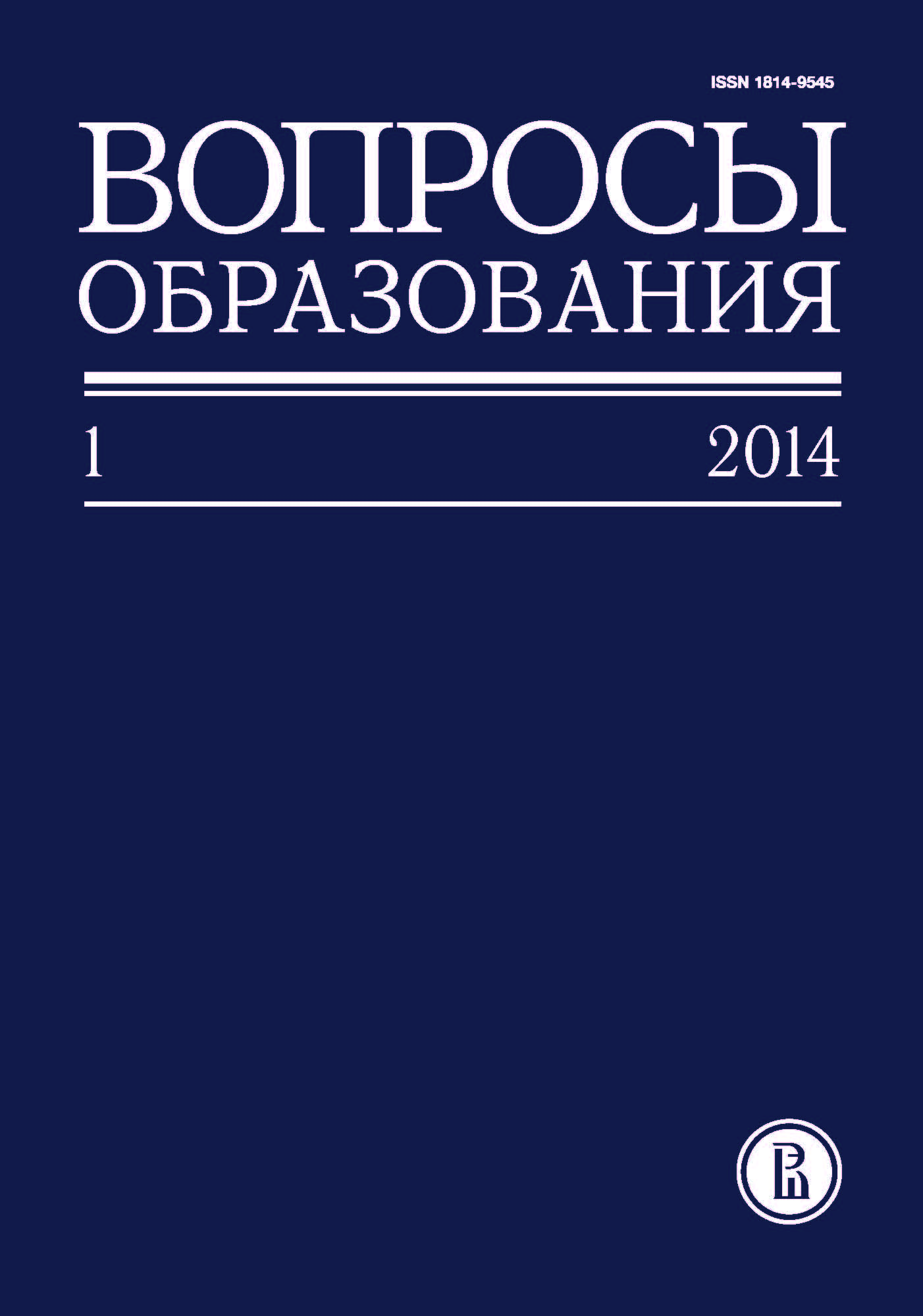Combining Work and Study in Tatarstan Higher Education Institutions: How Academic Performance Is Affected?
Abstract
Nowadays, combining work and study is typical for both low-income students and those who are well off. Such students have an array of reasons to start working, from the ambition to get integrated into the job market and build a career to the desire to fill their spare time. The paper investigates how different combinations of work and study affect academic performance of students in their final years in Tatarstan higher education institutions. The author analyzes results of the first phase of ‘Monitoring educational and employment trajectories of school and higher education institution graduates’, the longitudinal studies initiated by NRU HSE in 2009. Two factors — employment schedule and the extent to which employment corresponds with what is studied — have helped single out five types of combining work and study. Different combinations reveal different levels of academic performance, different plans for the future, and somewhat different motivation to enter higher education institutions. A regression analysis has shown that only one type of combining work and studies, non-professional full-time employment, has a negative effect on academic performance. The rest of the student employment strategies haven’t shown any statistically important effect on performance. All other conditions being equal, professionally employed students perform better than non-professionally employed ones, and sometimes even better than those who don’t work at all. The perfect choice for students is professional part-time employment, when work becomes an additional source of knowledge and motivation to learn.









